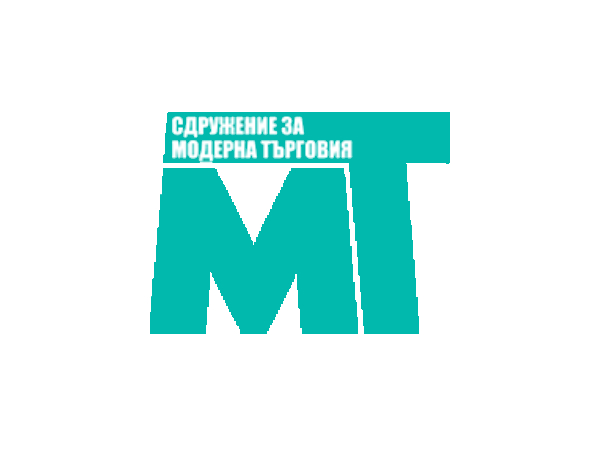ASSOCIATION FOR MODERN TRADE INSISTS ON URGENT RELIEF OF THE RESTRICTIONS FOR COMMERCIAL SITES OFFERING GOODS FOR NON-DAILY NEEDS
The desired effect of the restrictions introduced in October last year has been exhausted, but socio-economic damage remains and this is unacceptable.
Until the end of February, the restrictions concerning stores with a net retail area of over 300 square meters under item 13 of Order № RD-01-973 of 26.11.2021 for the introduction of temporary anti-epidemic measures, as amended. and ext. by Order № RD-01-991 of 02.12.2021 to be abolished, leaving the measures for control of the number of visitors (one person per 8 sq. m.) and wearing masks indoors in retail outlets. This was proposed at a meeting at the Ministry of Health by the Association for Modern Trade. Otherwise, the entire ecosystem of stationary retail in the country will be endangered - with all the risks to the economy and the welfare of the population. The measures proposed by AMT have been tested and are effective enough to protect the health of employees and customers.
The current epidemic situation in the country, due to the spread of Omicron, shows that there is no longer a link between the desired health effects and the current anti-epidemic measures, which leads to a disproportionately high socio-economic cost of compliance.
Restrictions on trade in non-essential goods, introduced last October, have led to a lasting 20 to 40% drop in customers in the various categories. This leads to a percentage drop in turnover, which in some places reaches double digits. Continued restrictions on operations, staff shortages, rising energy prices, labor shortages and supply chain disruptions pose huge challenges for companies in the face of rising inflation. At the same time, the sector needs to undergo a rapid transformation - from developing new trade channels to increasing energy independence - all with limited pandemic resources and without the necessary state support.
The separate directions in the trade sector - food and non-food goods, are connected in a single fabric through investments, joint use of retail space, logistics and other services. Prolonged weight loss of one part of it will inevitably affect the other. That is why we insist on a realistic horizon for easing the measures restricting trade in non-daily necessities - until 28 February.
***
The Association for Modern Trade is a member of the Bulgarian Industrial Association and unites 12 of the largest companies in the retail sector - Billa, Van Holding (Fantastico), Deichman, DM, Doverie-Brico, Kaufland, Lidl, Maxima (T Market), Pepco, Promarket, House Market (IKEA), Hippoland.






